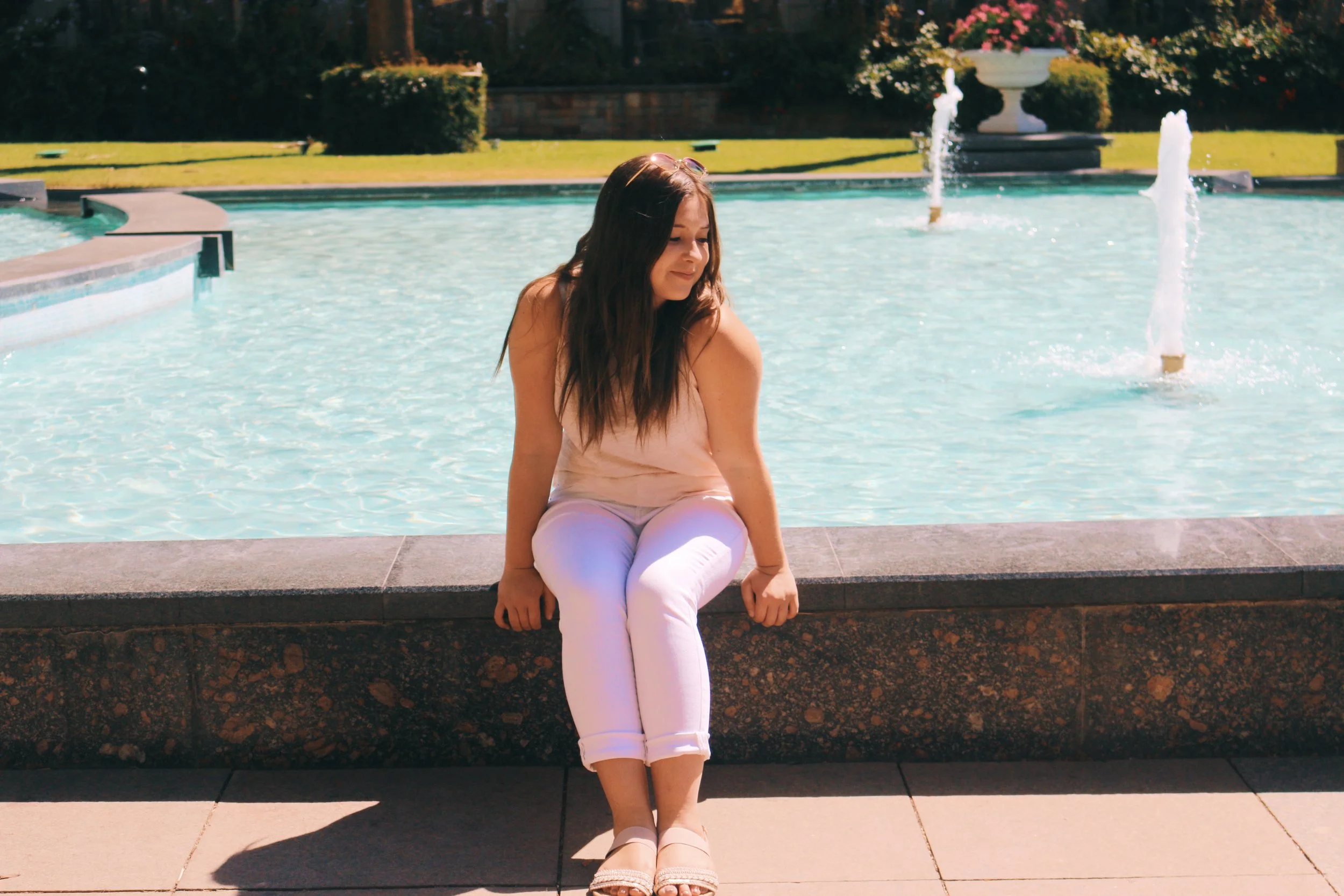THE BIGGEST MISTAKE STUDY ABROAD STUDENTS MAKE
One of the most valuable experiences you can have during your years of higher education is studying abroad. It’s the opportunity to take your studies to another country and really immerse yourself in another culture, one of the best forms of education in my opinion. But how valuable a semester abroad is to any given student is entirely up to the student him or herself.
About two months into my semester abroad in Cape Town (Feb-June 2018), I was sitting in a bar with my closest friend from UCT (where I was studying). We were half-way through our Black Labels watching a T20 cricket match when he leaned in and said I feel like I’m the only South African here. I looked around and started to listen. Sure enough, most the the accents were foreign. I easily picked up on some American accents near us due to my personal attention bias but then noticed that there were three distinctive groups around us: One was American, the others French and Belgian. Most of the energy in the bar was made up of people exclusively interacting with people from their own country. I talked to a couple of the Americans and one Belgian guy later in the night and sure enough, they were all foreign exchange students.
Studying abroad is increasing in popularity every year, but with more and more international students leaving their home universities for a semester, it makes it easier to find your own people during that semester away. There were 12 students from my home university alone and well over 100 American students in Cape Town this semester. This requires abroad students to work harder to immerse themselves in the local culture, which is what actually brings concrete value to study abroad programmes.
Getting out of your comfort zone and distancing yourself from other abroad students is easier said than done, however. I came to Cape Town knowing the risk of getting sucked into a social network made up of people from the same place/background as me. This awareness made me all the more determined to do the opposite and really immerse myself with a South African social network. Yet, my first six weeks in Cape Town were almost exclusively spent exploring the city with other American students.
Having the experience I have with international travel and cross-cultural communication, I was so disappointed in myself. What was I doing wrong?
When you are in an unfamiliar environment you spend most of your time adjusting to the differences around you. So, at the end of the day, it is natural to want to switch on auto-pilot and grab drinks with someone that not only talks like you but thinks like you to a certain extent because of a shared cultural background. As an abroad student, spending time with people coming from the same place as you can be necessary for survival, especially in the first month. You can process cultural differences together and take a break from the constant unfamiliarity.
The important thing is to make sure your network isn’t exclusively people of your same nationality. Join societies, form study groups, and start conversations with people wherever you go. The common thread through all of these things is initiation. Local students are not looking to meet you. If you want to make your study abroad experience worth it, you have to take the initiative to create a diverse social network for yourself (easier said than done – but not impossible).
Want to know more about my semester abroad or how to get the most out of yours? Let me know in the comments!





